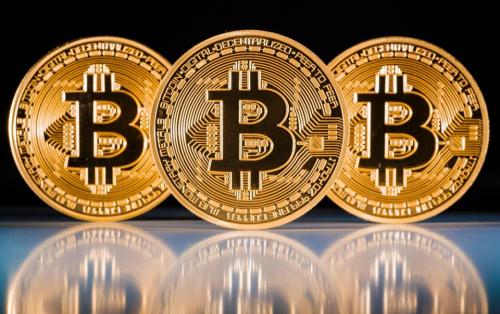
Dating back four years one bitcoin was traded at $20. Now in 2017, it now costs $20 to send one bitcoin through the high rise in transtion rate. With Bitcoins price hitting new record highs on a weekly and sometimes daily basis, rapid adoption, and extensive media coverage, all signs would be signalling that is should be a time celebrate time for those who belived in bitcoin early on. Yet it’s hard to shake the feeling that something is off. How did we reach the stage where the tradtional banking system killer has become unable to progressivley surpass the institutions it set out to overtake for not fully adepting to the evolving financial systems? Bitcoin is everywhere at the moment and quite possibly the hottest commodity on the marketplace today as the price continues to rise. But from a purley technical standpoint it could be said it is not accomplishing the goal it was set to right now.
\r\n\r\nBitcoin Fees Are Just To High\r\n
By any reckoning, 2017 has been a phenomenal year for bitcoin. Even the currency’s most ardent supporters would have struggled, in 2016, to predict the current popularity on Bitcoin and cryptocurrencies in general would be so high. But none, could they have envisioned, in their worst nightmares, it costing upwards of $20 to transfer a fraction of the coin. Bitcoin has made great leaps this year, but it is unfortunate that not all gone in the direction of progress.
\r\nIt can be debated whether Satoshi’s white paper envisioned bitcoin as a P2P settlement for micro-transactions. What can’t be debated is that bitcoin is effectively now unfeasible to send for anything less than a couple of hundred dollars. From all sides of in net, both clear and dark, the conversation is the same: fees have become untenable. Despite this, bitcoin’s largest supporters remain in denial.
\r\nPeople are become far more vocal, questioning the true progressiveness of Satoshi\'s digital currency and the infallibility of bitcoin is heresy. “I can’t send a friend five dollars without a $15 transaction fee and this is the currency of the future?” comments one Redditor, to which had the followng responses from the community on r/bitcoin ran:
\r\nThere’s a modicum of truth to these rejoinders, but in the here and now, “muh segwit” or “just wait for LN” isn’t much help.
\r\nAs it stands now, users would be happy to pay the $20 transaction fee to send $1 million in Bitcoin or even $1000 in Bitcoin but to pay a fee of $20 on an $100 tranaction seems wasteful. Bitcoin has been unsuitable for micro-transactions for some time, but it’s now reaching a stage where it’s unsuitable for mid-sized transactions.
\r\nIs bitcoin a store of wealth because that’s its best use case, or has it simply morphed into one because or because moving it has become to high?
\r\nNew Pool of Investors\r\nMany of Bitcoin’s new investors are new to the asset class and low threshold for risk or not much to wager, setting aside as much as they can every to invest into digital currency. “Always store your coins in a wallet you hold the private key for,” they were told in the beginning. Now they’re discovering that their only option is to leave their Btcoin on an exchange, at least until their holdings reach a level where it’s more practical to withdraw to a hardware wallet.
\r\nIf cryptocurrencies were to be likened to energy sources, bitcoin would be coal: expensive to move and impractical to transport in small quantities. It’s impossible to order a few pieces of coal every time you want to light a fire: it’s a sackful or nothing. Ethereum (gas) and bitcoin cash (hydro) are the opposite: cheap and on tap.
\r\nCoal does have one thing in its favor though – longevity. In cryptocurrency terms, Bitcoin is a veritable fossil. It’s been there from the start and, thanks to its market dominance, brand recognition, and capital locked in, will be extremely hard to destroy. Scaling solutions will eventually arrive, and transaction fees will corresponding drop, though a definitive date is still what we are waiting for. The question is if those solutions will arrive in time. For now, Bitcoin will continue to serve as coal fueling the furnace on the runaway Cryptocurrency Express: an indispensable hot mess.
The advent of decentralized applications (DApps) has revolutionized how we interact with digital assets, bringing about new opportunities for creativity and entrepreneurship.
MoreIn the rapidly evolving world of blockchain and digital assets, creating decentralized applications (DApps) offers a unique opportunity for developers to leverage blockchain technology for innovative and practical solutions.
MoreIn the rapidly expanding world of decentralized applications (DApps), the Cronos Network provides a compelling ecosystem for deploying blockchain-based applications, particularly those leveraging the power of tokens and NFTs.
MoreCreating decentralized applications (DApps) on the Avalanche Network allows developers to utilize a robust, scalable, and highly customizable platform.
More